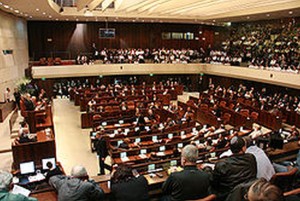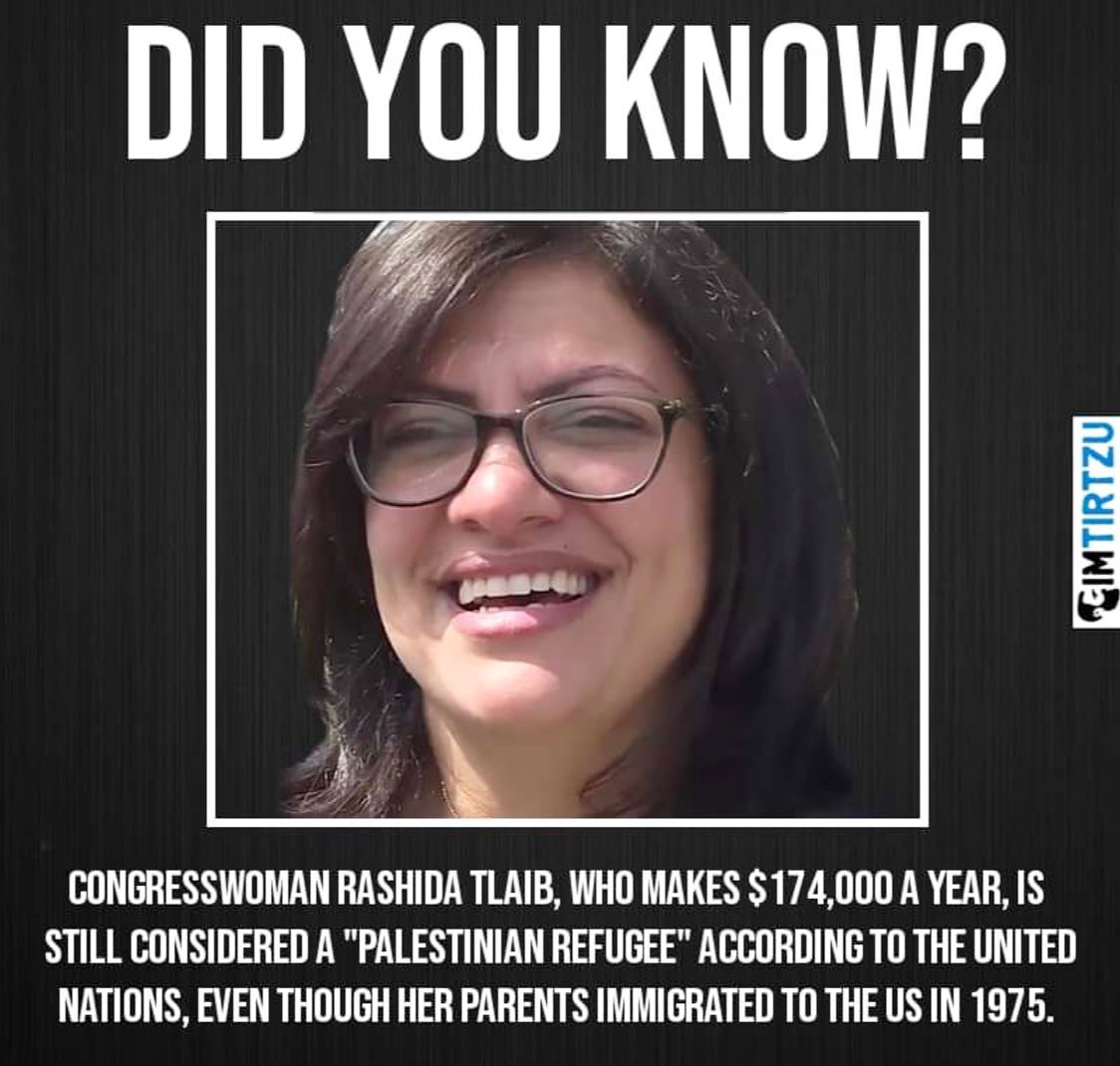How the Jews Ruined Anti-Semitism
Jews today are caught between competing definitions of who we are and who we must be. We are not convenient. According to taste we are colonizers and liberators, belligerents and victims, a religion and a state. The post-war obsession with the Nazis has inevitably corralled Jews into a place of significance that flatters us but that we cannot ultimately bear. That significance turns Israel-Palestine into the struggle, an object of fascination, horror and support across the world. The world can pick and choose the Jewish state that it imagines: Israel as the symbol of Western oppression, the symbol of resistance to Islamic supremacy, the symbol of redemption, the symbol of irredeemable violence.
However much the world wants to settle on the image of the Jew of their choice, something always escapes control. Some or all of us refuse to be what is required of us, causing frustration and disappointment. And that means that we have inevitably ruined anti-Semitism too, building on the Nazi’s sterling work in doing the same.
We ruined anti-Semitism for consensus anti-Semites by seeking to take control of our existence, by building up worldly power.
We ruined anti-Semitism for those who do not wish to be consensus anti-Semites by ceasing to be defensible.
We ruined anti-Semitism for Jews, by not taking the easy route, by refusing to be “Jews.”
Given the now inescapable fact that Jews as an entirety cannot be assimilated into narratives about what anti-Semitism is, non-Jews are increasingly being selective: choosing the Jews they damn and the ones they save. And we are playing along, telling the world who the real Jews are, the Jews that are worth defending. This has not only contributed to the ruination of any kind of understanding that can encompass Jews as a whole, it has contributed to our own fragmentation as a people.
What freshman members of Congress should learn on their trip to Israel
This year’s August congressional trip to Israel is different from previous years, as so much attention is focused on who is not joining, specifically the members of the pro-BDS (Boycott, Divestment and Sanctions) “Squad,” Reps. Rashida Tlaib, Ilhan Omar, and Alexandria Ocasio-Cortez.CAMERA: The West Bank’s Unreported Forbidden Roads
However, most members who come to Israel do have an open mind and can grasp the difficulties that have thwarted decades of efforts at resolution of the conflict between Israel and its enemies, some who will not be satisfied until there is no Jewish state and no Western-oriented presence in the region.
Some say the Israeli-Palestinian conflict is all about the occupation, and Israel for its own good should unilaterally withdraw to the pre-1967 lines, and that the Jews of all peoples, after centuries of oppression, should not be occupying another people’s land.
Yet if there is to be created an autonomous Palestinian state adjacent to Israel, is it reasonable to expect that missiles won’t be exploding in Tel Aviv, or that they won’t have to run their children into bomb shelters all the time everywhere in Israel?
Israel withdrew completely from Gaza in 2005. Its reward was three wars launched from the coastal enclave and plenty of indignant international condemnation for Israel defending itself against forces launching missiles from school yards and hospitals, and digging tunnels under borders to sneak across and murder civilians.
A Reuters article yesterday about a Palestinian-developed app to help West Bank drivers avoid traffic caused by Israeli checkpoints covers up select forbidden West Bank roads — those prohibited to Israeli drivers (“Palestinian app helps drivers avoid Israel checkpoint bottlenecks“).
Correspondent Rami Ayyub asserts:
Around 3 million Palestinians live in the territory along with some 450,000 settlers, who can generally drive in the area without major restriction using so-called “bypass roads” built to avoid Palestinian towns.
The notion that Israeli settlers “generally drive in the area without major restriction” is belied by the fact that West Bank roads are heavily restricted to Israeli drivers. In fact, Israeli drivers are prohibited from entering at all in Area A of the West Bank, which constitutes more than 10 percent of the territory. In other words, Israeli drivers are kept off entire roads in the areas under full Palestinian control.
As a result, Israeli drivers must take a much more circuitous, time-consuming routes to avoid forbidden Palestinian locales. So while there are surely bypass roads, their existence is not tantamount to driving “without major restriction.” Bypass roads exist precisely because of the major restrictions.
Have you ever seen a sign in Israel that says "Palestinians are not allowed to enter"?
— Hananya Naftali (@HananyaNaftali) April 26, 2018
They can enter my city, and no one will hurt them, I can not enter their city, and they call Israel an apartheid state?
Via @yankifarber pic.twitter.com/AO7PwZ2nkO





































.jpg)




